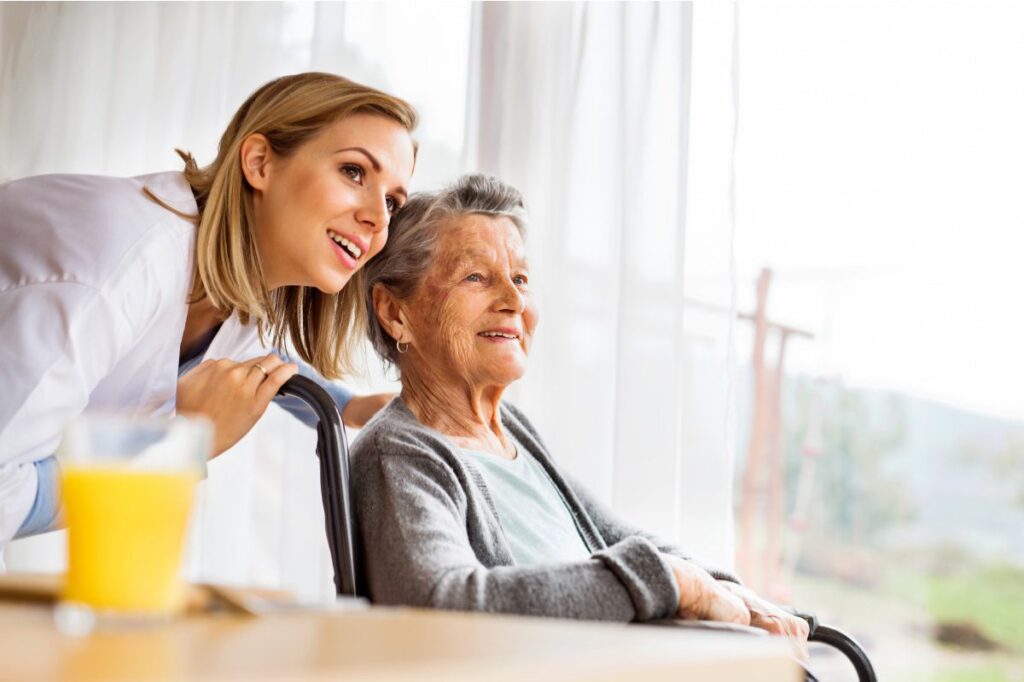What is a chaplain, and what do they really do?
by Rev. Sarah Gillespie, Board Certified Chaplain (BCC)
Let’s be honest. The word “chaplain” is quite old. Even among professionals, there’s no consensus on its exact meaning, or if it accurately describes our work today. As we celebrate our hospice team during hospice and palliative care month, we thought it would be a suitable time to discuss what chaplains do and the important services they provide.
Chaplaincy: A definition
Chaplaincy describes any ministry (ordained or not) that tends to the spiritual and religious needs of a certain place or population. In short, chaplains are not someone’s minister, but more of a spiritually informed listener and caretaker for a specific group. Most of us have graduate education in theology and all of us have current spiritual practices that inform our work, but do not get passed along to others (as they may in a religious setting).
Chaplains serve in secular institutions across the country and world, including all branches of the US military, Veteran’s Affairs, the Congress and the Senate, colleges, hospitals, prisons, and more. And of course, chaplains work in hospice and palliative care settings, which is what we do at Andwell.
Chaplains in hospice and palliative care
Hospice and palliative care are intentional about addressing the whole of a person and their health needs amidst serious illness. This specialty exists, in part, because of how segmented and broken our health system has become—often solely focused on the lab data points and what insurance can pay for—rather than the look on someone’s face when they are diagnosed with a terminal illness, or the stress a family feels when caregiving.
Spirituality is a key component of quality care in hospice and palliative care. And it’s important to note that spirituality simply means “the way individuals seek and express meaning, purpose, and connectedness with the sacred or significant.”
Chaplains conduct themselves as “interfaith” within palliative and hospice and in our roles at Andwell. That means that we are trained to assist patients and families of any faith, religion, culture, as well as those who do not feel connected to a particular religion, have had a complex spiritual journey, or are unsure about what they believe (this is everyone, right?).
Chaplains don’t know everything about every religious or cultural group, but we have the tools and the heart to connect and build trust and refer out to those who might be able to tend to more specific needs. Our training encourages us to sit quietly with others, listen fully, be curious, and explore mindfully. In hospice we ask questions about hope, meaning, comfort, the sacred, and “what matters most.” Being a chaplain does not automatically mean we are wise, though many of us feel we have been given wisdom from those we serve.
I often tell patients, families and staff that we often have more questions than answers in this work and that, somehow, in holding questions with one another and those in need, we all feel a little less alone, no matter our struggles.
Reference: Puchalski C, Ferrell B, Virani R, et al. Improving the Quality of Spiritual Care as a Dimension of Palliative Care: The Report of the Consensus Conference. Journal of Palliative Care. 2009;12(10):885-904
